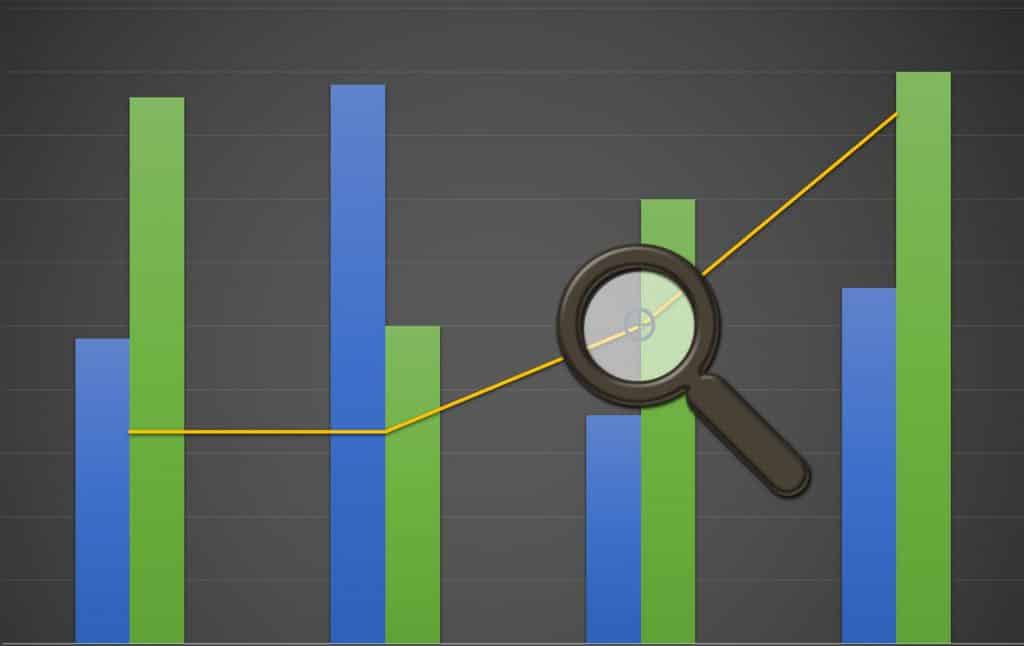Investing in real estate is a great way to make a lot of money in passive income. Have you been considering going this route? Once you get started you’ll get the hang of it in no time, but first, you need to learn how to make money in real estate in the first place so you don’t end up wasting your investment.
We want to help with a few tips and tricks that have helped us (and helped plenty of other investors) in the past. Don’t go in blind. Keep reading to learn how to make money investing in real estate so you can start growing your income and making your way towards financial stability.
1. Always Diversify
As with any kind of investment, you’ll get the most out of investing when you diversify your portfolio.
When you’re just starting out, you may be limited to one or two properties within your general geographic location. Sometimes it’s as small as a single neighbourhood or a city.
It’s not a bad idea to look at real estate in other locations. We’ll talk more later about knowing the ins and outs of where you’re buying, but even if you aren’t a local you can do research into other cities where the market is booming.
Even if your local market falls into a rut, you’ll have homes in other areas that can still thrive and make up the difference.
2. Network for Success
Many people view the other real estate investors in their area as competition. They’re not.
While you’re all looking to get the tenants in your local area, different investors have different types of properties that will attract different renters. It’s a great idea to network with each other.
Networking will open you up to advice from experienced investors, insight into property management and renovation, and cost management.
3. Stay on Top of Maintenance
Maintenance is everything if you want to keep making money on your properties. Poorly-maintained properties get bad reputations and if you let a building go for long enough, maintenance becomes more expensive.
If you let a small leak go on for long enough, for example, it turns into water damage.
Once you have renters, it’s a good idea to keep up with them so they can share any of their maintenance concerns early on. Not only will this save you time and money, but you’ll also gain the reputation of being a caring landlord who attends to the needs of their tenants.
4. Know the Neighborhood
As we mentioned, diversification is important, but you need to be an expert on all of the places in which you plan on buying properties.
The first thing to know is the market. Is the housing market booming at the moment?
If it is, you might be too late if you don’t have the money to buy an expensive property. While booming markets are attractive, look into areas that seem to be up-and-coming.
You’ll pay less for your property and your income will increase sharply once the neighbourhood starts thriving.
Also, pay attention to aspects of the neighbourhood that will attract or repel potential renters.
What does the crime rate look like? While many people looking for affordable rentals will look past a medium to high crime rate, families with young children aren’t as likely to rent that property.
Also, look at local schools and amenities. You’ll get more younger renters in areas that are walkable where there’s access to entertainment and more families in areas with good schools and plenty of parks.
5. Set a Budget
We want to preface this with the fact that you will go over your budget at some point or another. That doesn’t mean that you shouldn’t set one.
You can’t devote your entire budget towards the actual purchase of the property. You need to factor in any hidden fees, any maintenance work, renovations, and the cost of advertising (including professional staging and photography).
Decide how much you’re willing to spend on a property before you go searching, and when you find one within your range, make sure that renovations won’t put you over-budget.
6. Prepare for Vacancies
Even in booming markets, there will be times where you’re unable to find a renter. If you’re only renting single-family homes, this means that you’ll experience a lapse in your income.
You need to prepare for this. Set aside a healthy amount of savings. You’ll also need to use some of this money to amp up your advertising efforts.
7. Don’t Avoid Single-Family Homes
While single-family homes are a greater risk when it comes to vacancies, they also provide more income with less work and maintenance costs.
You can also try eXp Realty’s new property search facility.
When you have multi-family properties, each tenant will have their own maintenance issues. There are several sets of appliances to keep tabs on. You’ll also need to do renovations on each unit.
Single-family homes attract families. They tend to stay for a longer period of time, making them reliable tenants. You’ll also only service one set of appliances and you’ll only renovate one space.
Both single-family and multi-family properties are valuable, but single-family homes should get your attention.
8. Pick the Right Renovations
It’s easy to get caught up with renovations when you want to make your property as attractive as possible, but over-renovating leads to going over your budget and not getting the best returns on investment.
So what should you focus on?
Aside from necessary renovations like fixing walls and floors, consider things that many people look for when they’re looking into rentals. Kitchens and bathrooms are popular places to start.
Now That You Know How to Make Money In Real Estate, Get Started
Knowing how to make money in real estate is the first step towards your success as an investor. There’s a huge market for real estate right now as the housing and rental markets continue to grow. The best time to invest is five years ago, but the second-best time is right now.
Are you looking for more helpful articles on investing and managing your wealth? Check out our articles on wealth management, as long as a plethora of content that can help you with your business and investment goals. We want to be your online resource for financial success.









